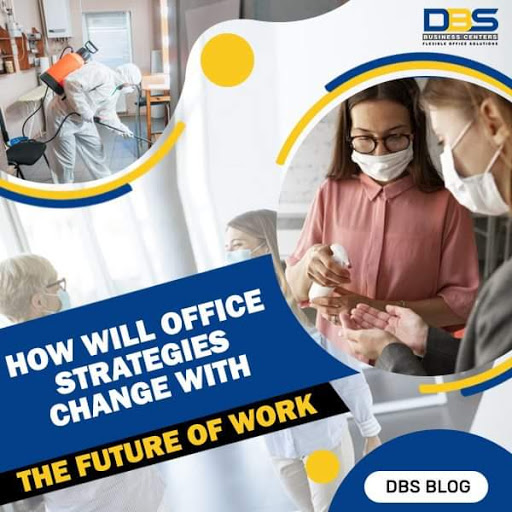Suddenly, the concept of work as we have known it for years, is going through a massive revolution. Nine to five, no longer valid. The office? Not a place you commute to, but your home or the park bench. Current job skills, becoming passé by the minute. Man, versus machine, machine coming up a winner time after time.
Megatrends like globalization, digitalization, artificial intelligence(AI) have rocked the boat with ramifications on both the quality and quantity of jobs. To name just a few of the forces at work –going remote, digital transformation, millennial take-over of technology, the need for a whole new breed of workers.
The future of work is now one of the hottest topics for which there are more questions than answers. What impact will automation technology like AI and robotics have on jobs, skills, and wages? How will new technology change our lives? Will there be more jobs lost than jobs gained? Will there be enough work and jobs left over after technology has ridden roughshod over us? What will be the changing model for work and work structure itself? Will people now work as outsourced services? Will any of these kinds of evolved work models become the future? Will people be able to work effectively and sustainably?
That brings us to the question of income. The grim prediction is a huge stagnation of incomes, at least wage-driven incomes, for workers and households. Will people be able to work and earn enough to be able to make a living or not? Will technology make that even worse as we look forward? Just how will the workplace change? How will working now be re-organized and how will people work alongside machines? Nearly every job will change –not just be upskilled but be totally transformed. The challenge is huge.
Earlier, we were automating routine jobs. Now there are machines that aren’t just adding muscle or automating routine tasks; you can no longer write an algorithm for a machine and expect it to do your bidding. Machines are becoming smarter, doing the thinking, and disrupting patterns, coming up with solutions themselves.
People are going to have to move and be transitioned from certain occupations into new occupations, ones that are going to require higher, completely different skills. They will not need re-training so much as re-skilling. Not some-time in the future. But right now. Very simply, a matter of survival.
Businesses will need to re-imagine their options. They will need to embrace technology but not let it overtake them – a fine balance. The changing face of work has resulted in the changing face of business, where investment in the latest technology is not an option but a necessity.
And this is being reflected in the serviced office spaces industry. You can see evidence of these office spaces in Fort and Navi Mumbai, commercial office space in Navi Mumbai and Vashi. Technology is making work more streamlined and efficient. But there is still room for the human touch. Who will give you a welcoming smile or your coffee or tea just the way you like it or put a vase of fresh flowers on your desk? A machine? Machines can work alongside human beings but not replace them. At least not yet.

